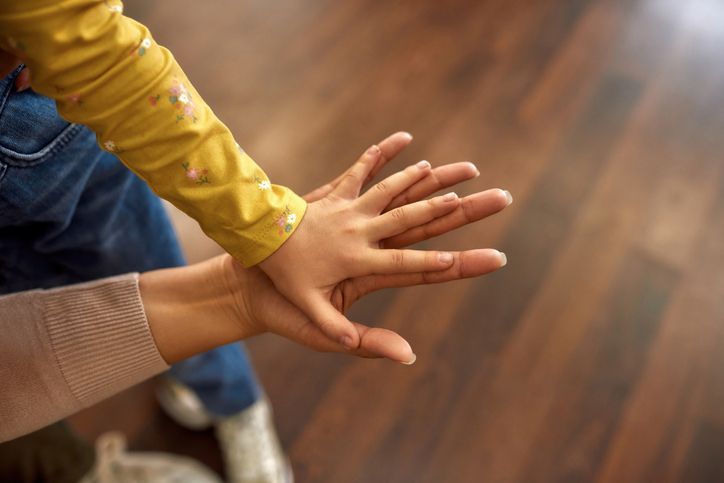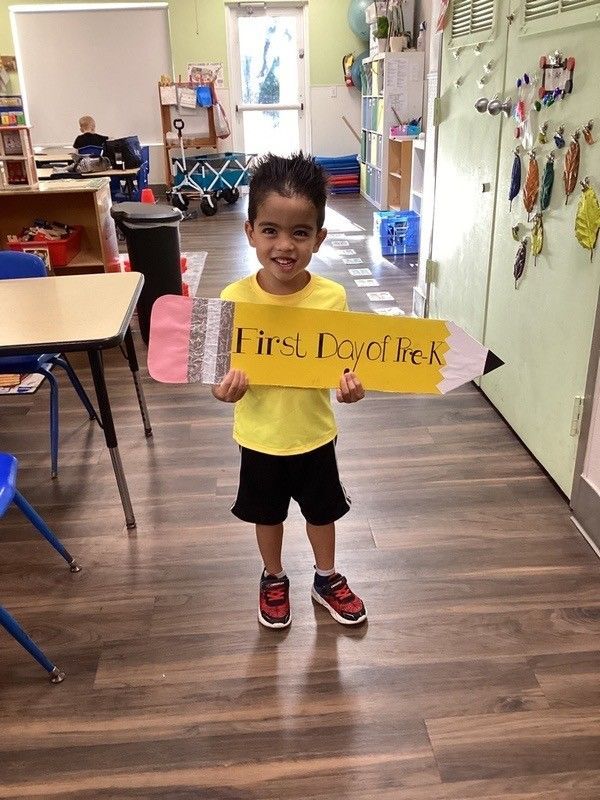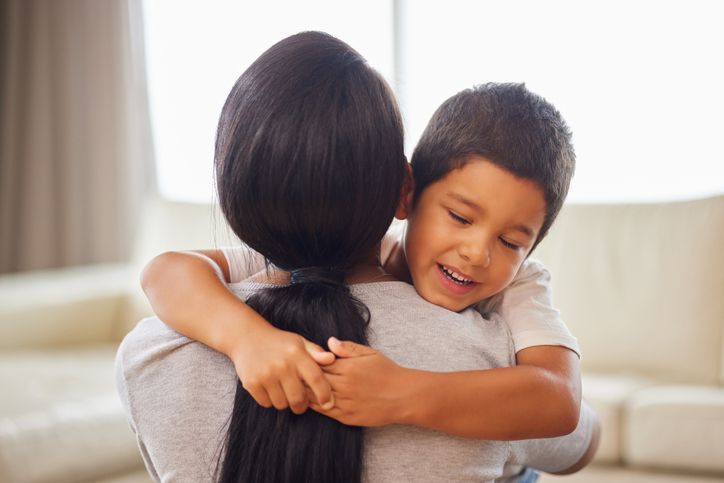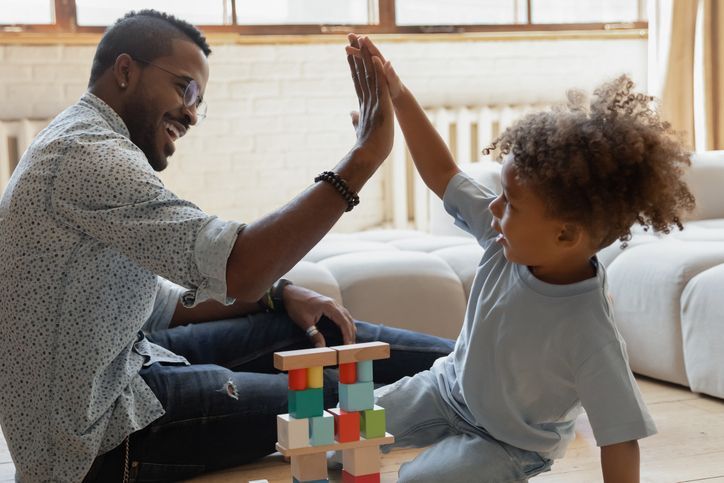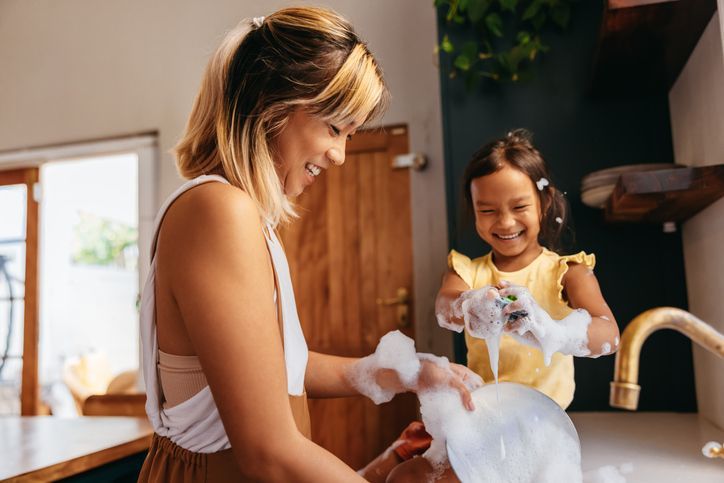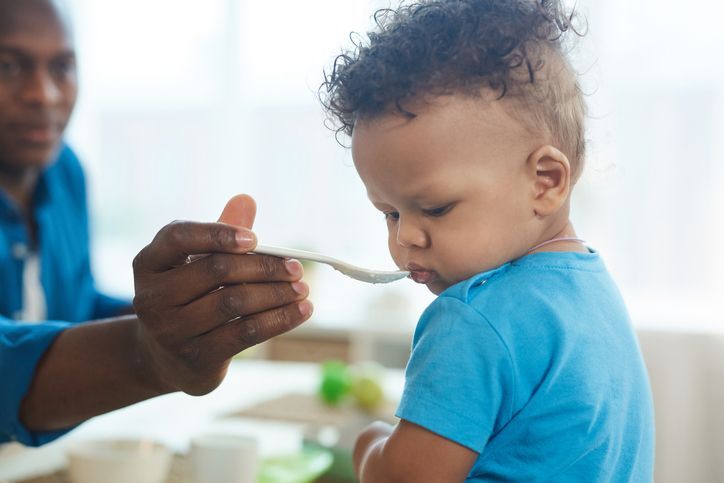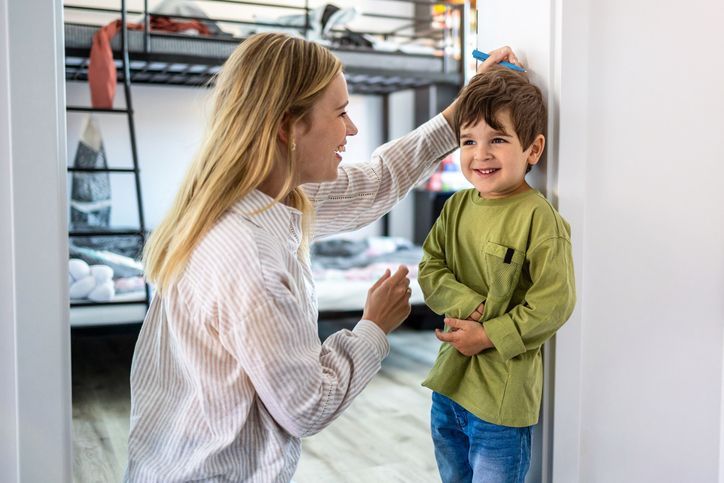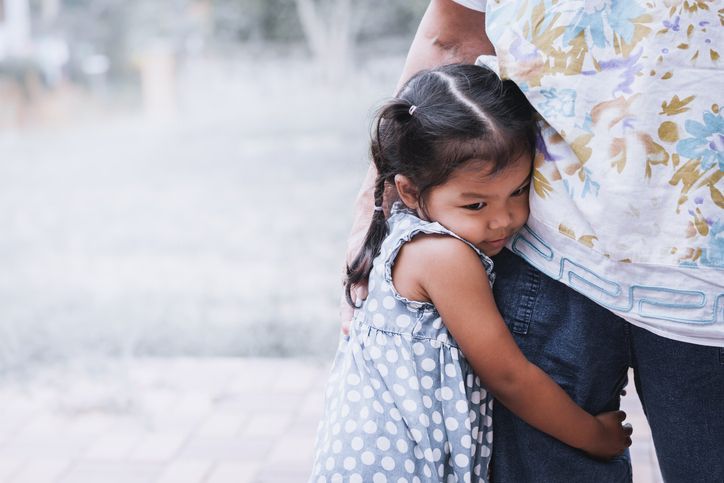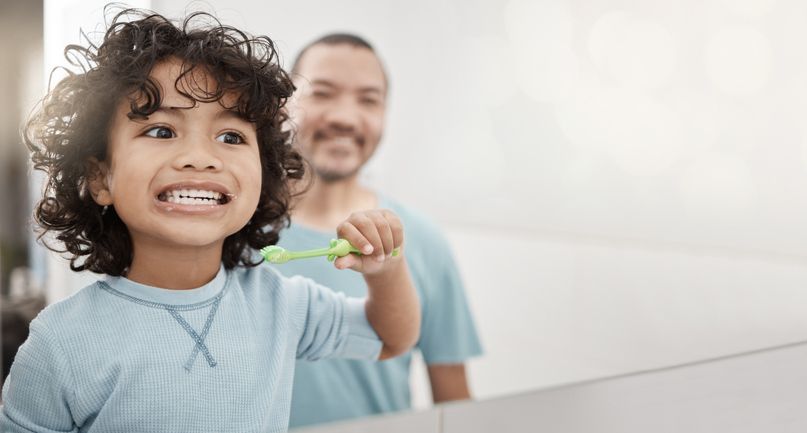By Arielle Tuan
•
April 21, 2025
As parents and caregivers, we all strive to raise positive, cooperative, kind children. But kids will be kids, and the reality is that tantrums, challenging behavior, and power struggles will pop up. With the right tips and encouragement, we can help our children build positive behavior habits that will help them throughout their life. Research shows that positive behavior starts with strong relationships- when children feel loved and safe, they are more likely to cooperate. Acknowledge Their Behavior Catch your child being good! When you see your child engaging in good behavior, encourage them by being enthusiastic and specific. For instance, you can say, “Wow, I saw you share your toy at the park! That was such a nice thing to do!” Make eye contact, get down to their level, and show genuine interest in what your child is doing and how they are behaving. Even when your child acts up, it’s important to stay positive. For example, you can say, “I noticed you were trying hard to stay calm. That’s not easy. Next time, let’s practice stepping away and taking a deep breath.” Preparing for Challenging Behavior Kids aren’t perfect, and it’s always good to prepare if your child’s behavior goes south during an outing or playdate. Stay nearby your child so you can intervene or change locations if needed or provide two sets of the same toy (such as two balls) if you know your child is working on sharing. Sometimes a child does not yet know how to communicate their feelings, which can result in challenging behavior to get what they want. Help your child be a better communicator by talking about certain situations ahead of time (such as what to do while playing with friends or what to expect at school drop off) and reading books about other children dealing with big feelings and similar situations. Help your child with simple calm-down strategies, such as taking deep breaths when they feel frustrated, going to a quiet space in another room, or seeking support from a trusted adult. Skills for Building Positive Behavior Be specific when you want your child to display certain behaviors, such as sharing or being nice. For example, you can say “Hands are not for hitting, hands are for playing, eating, and hugging” or “Use your words. Ask for help if you are upset.” A great way to establish positive behavior in children is to practice! Have your child practice taking turns while you are playing with them, or when they’re with a sibling. You can also remind your child before playing with other kids that toys are for sharing. If there is a special toy that they don’t want to share, to put it away in a safe space. Model the behavior you want to see in your child. Kids learn more from what we do rather than what we say. Show them how to handle frustration, how to be patient, and talk about when it doesn’t go quite right. After all, even as adults, we have moments! Building positive behavior takes time and new skills emerge as your child grows. Modeling, teaching patience, and showing understanding, make it easier. It’s all about progress, not perfection, and as a parent, you are already doing a great job to help your child grow! Positive behavior will get better as your child ages and has more opportunities to practice. If you need more tips on how to address challenging behavior in children, you can connect with our Warm Line over the phone at 888-620-9190 or online at https://www.elcpalmbeach.org/warmline .
